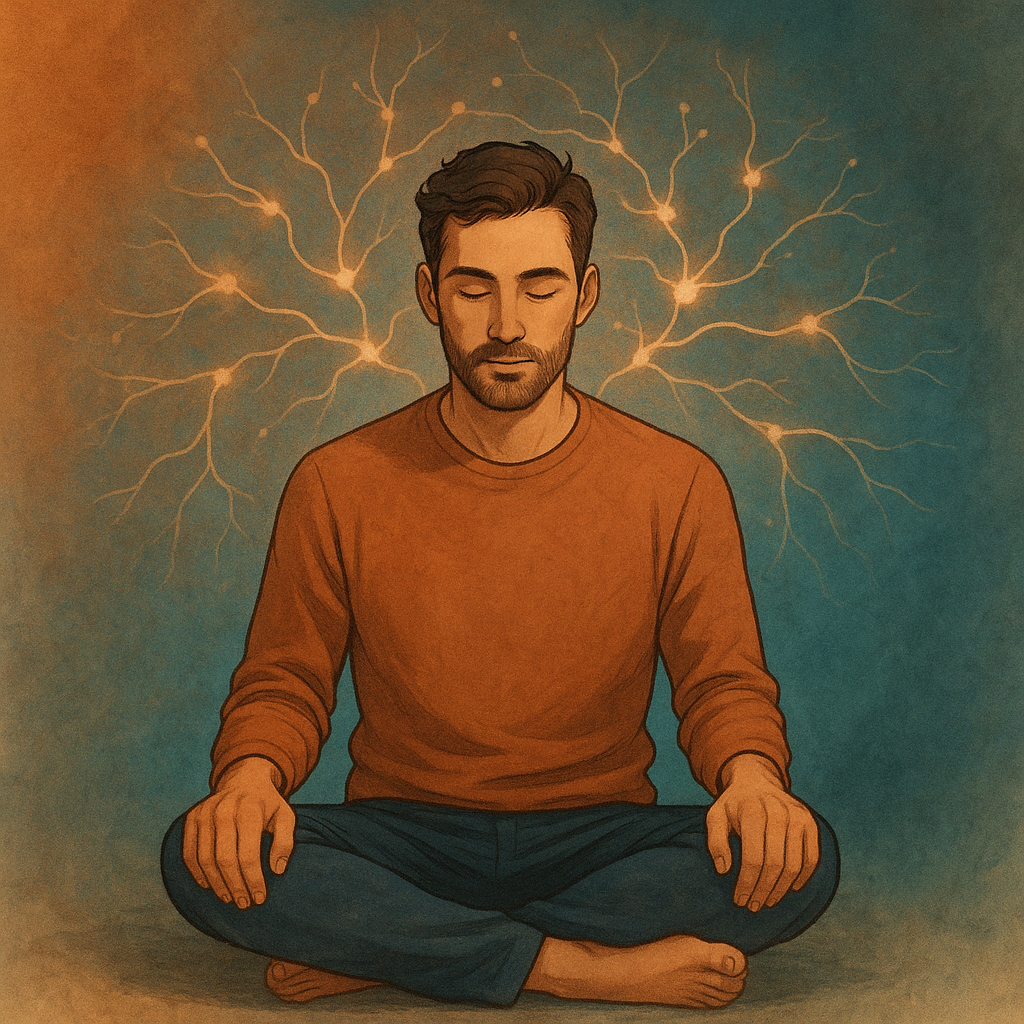Regret Over Reaction – Understanding Guilt, Shame, and Misalignment
Guilt and shame are heavy. They creep in after we’ve acted in a way that doesn’t sit right with us—after we’ve raised our voice, pushed someone away, said something we wish we hadn’t. These emotions often hit hard in relationships, especially when we're under pressure or already stretched thin. But here’s something worth sitting with: those behaviours might feel natural in the moment, but they’re not random. They come from somewhere deep—patterns, conditioning, survival responses we’ve learned over time.
It’s easy to think, “If I acted that way, maybe it’s who I am.” But that’s not necessarily true. If you look back and feel sick in your stomach about how you handled a situation, that’s not shame talking—it might be something more useful. It might be regret. And regret is important.
Let’s say you had an argument with your partner, stormed out, and now you're in the car, heading down the freeway. You’re still fired up. Someone behind you starts honking, trying to pass. In that state, you’re more likely to snap—yell, swear, react. But if you hadn’t just had that fight, if you were calm, rested, grounded—that same driver might not even bother you. You might even let them pass without a second thought.
So was it the driver that caused your reaction? Or was it the internal state you were already in?
It shows us that behaviour isn’t just about cause and effect. It’s conditional. Our internal world, our emotional state, and our perception of the people around us shape how we respond—not just the external events themselves.
And here's where it gets even trickier.
It's not only the situation that triggers us—it’s who is involved and how we view them. If someone you consider “less important” knocks over your coffee after a stressful day, you might lose it. But if your boss did the same thing? You’d probably bite your tongue, smile, and say, “No worries.” Why? Because your boss represents something valuable to your sense of security—status, income, approval. You’ll tolerate more because the perceived risk is higher.
Yet, when it comes to our partners—those closest to us—we often drop the filter. We let the worst parts of ourselves show, assuming their love is unconditional, or that they’ll recover from our outburst. And sometimes they do. But over time, it adds up.
None of this is to make you feel worse. This is about awareness, not punishment. It’s about recognising how much power we give away to our environment, to our conditioning, and to the emotional patterns we've repeated for years. We tell ourselves, “I'm angry because they did this,” or “I'm anxious because the money hasn’t come in,” or “I’ll feel calm once I get that court outcome.” But that’s a dangerous loop. It tells us our emotions are controlled by everything out there—and never in here.
The moment the external shifts—money hits the account, the email arrives, the argument ends—we feel peace again. But it never lasts. We keep outsourcing our emotional regulation, instead of learning to sit with it, understand it, and choose differently.
This is where regret comes in. Real, healthy regret isn’t about hating yourself. It’s not about saying “I’m a terrible person.” That’s shame. That’s guilt. Shame says, “I’m not good.” Guilt says, “I’m not worthy.” And those beliefs keep us stuck.
Regret, on the other hand, is powerful. Regret says, “That behaviour was not aligned with who I want to be.” Regret focuses on the action, not the identity. It separates the moment from the person. It says, “That wasn’t me at my best, and I don’t want to repeat it.” It allows space to grow without dragging ourselves through self-hate.
Reprogramming internal emotional states and conditioned responses takes time. It’s not about flipping a switch or waking up one day a new person. The brain doesn’t work like that. What neuroscience now confirms—through the study of neuroplasticity—is that neurons that fire together, wire together. Every time we respond to a trigger in the same way—whether it’s lashing out, withdrawing, blaming, or breaking down—we reinforce that pathway. It becomes the default. But here's the power in that: the same principle applies to new behaviours too.
When we begin to choose a different response—even just once—we start to lay the groundwork for a new neural pathway. Over time, with repetition, that path becomes stronger. It’s not that the emotion disappears; sadness still visits, anger still rises, anxiety still knocks. But our response can shift. And in that shift lies real growth. Because most of the reactions we call “natural” are really just familiar. They were the best way we knew how to protect ourselves when we were younger, more vulnerable, more unsure of our place in the world.
If we truly believed that a certain behaviour would hurt us or destroy the connection we desperately want, we probably wouldn’t do it. But we don’t always know that in the moment. We feel a wave of fear, rejection, or misunderstanding, and we go into defence—attack, shut down, deflect. It feels automatic. But what if it’s just conditioning? What if it’s not who we are, but what we’ve repeated?
In this world we live in, we seem to jump into attack mode at the mere perception of threat. We’re so wired for danger, constantly scanning for what might go wrong, even though real threats rarely show up. It’s like the Wild West—but instead of carrying real guns, everyone’s got fake ones, no bullets, just flinches and triggers. Our responses are not just reactions; they’re reflections of our internal state—of past experiences, of learned survival strategies, of unconscious conditioning. And unless we learn to pause, reflect, and consciously choose a new way, we’ll keep firing off at ghosts.
Ready to calm your mind and take control of your emotions after separation? Grab our 4-Week Coaching Program: Grounding Yourself After High-Conflict Separation for $35 - practical, compassionate, and made for this exact moment.
